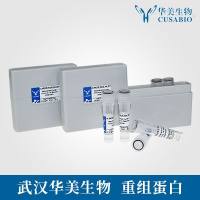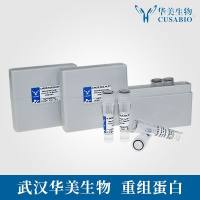Chronic Rejection in the Heart
互联网
互联网
相关产品推荐

TP63/TP63蛋白Recombinant Human Tumor protein 63 (TP63)重组蛋白Chronic ulcerative stomatitis protein ;CUSPKeratinocyte transcription factor KETTransformation-related protein 63 ;TP63Tumor protein p73-like ;p73Lp40p51蛋白
¥1344

RBPMS/RBPMS蛋白Recombinant Human RNA-binding protein with multiple splicing (RBPMS)重组蛋白Heart and RRM expressed sequence (Hermes) (RBP-MS) (HERMES)蛋白
¥1836

HSP90B1/HSP90B1蛋白Recombinant Human Endoplasmin (HSP90B1)重组蛋白94KDA glucose-regulated protein ;GRP-94Heat shock protein 90KDA beta member 1Tumor rejection antigen 1gp96 homolog蛋白
¥1344

嗜中性粒细胞胞浆因子1(NCF1)检测试剂盒NCF1A; NOXO2; SH3PXD1A; p47-phox; NCF-47K; 47 kDa autosomal chronic granulomatous disease protein; Neutrophil NADPH oxidase factor 1; Nox-organizing protein 2
¥800

Chronic Obstructive Pulmonary Disease Human Serum
$195

